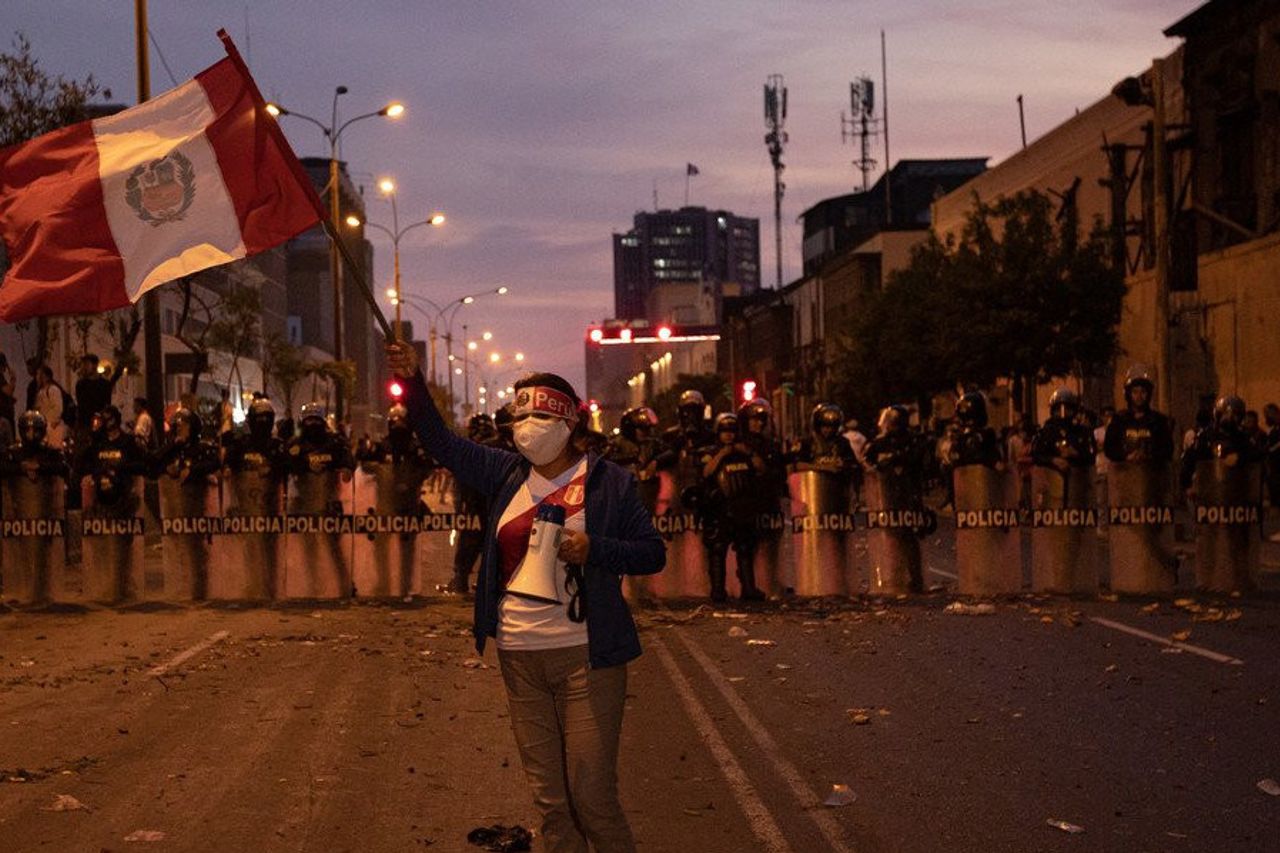Protest Death toll in Peru Increases, President Boluarte: Everyone Has the Right to Protest, But Not Vandalism

JAKARTA - President Dina Boluarte said she had asked the police and army not to use lethal weapons against protesters, when protests continued to be carried out by supporters of the impeached president Pedro Castillo.
Since last week, demonstrations have erupted in cities across the country in support of Castillo, sometimes marked by clashes with Peru's security forces.
Citing CNN on December 14, at least six people died in the demonstrations, including two minors, the press office of the Peruvian ombudsman said Tuesday. Yesterday, the announced death toll was three, namely two teenagers on Sunday and one in the Arequipa region on Monday.
Additionally, at least 47 people were hospitalized as a result of protests in Lima City, Apurímac, Huancavelica and Arequipa, Peru's Health Ministry tweeted.
Demonstrators called for general elections, the dissolution of the Congress and the creation of a new constituent assembly, according to radio and television broadcaster Radio Programas del Peru.
Meanwhile, President Dina Boluarte on Tuesday called for restoration of the situation, saying she had instructed police not to use lethal weapons against protesters.

"Everyone has the right to protest but not vandalism, burning down hospitals, ambulances, police stations, attacking airports, (these) are not ordinary protests, we have reached extremes," President Boluarte added.
Separately, Peru's National Police said late Monday there were nationwide road blockades in at least 11 regions of the country.
Meanwhile, the government has declared a state of emergency in seven provinces in Peru's south-central Apurimac region.
Peru has been beset by political instability in recent years, with many Peruvians calling for political change, according to a September poll by the Institute of Peruvian Studies, which found 60 percent of those surveyed favor early elections to reinvigorate the presidency and Congress.
It is not clear whether Boluarte's ascension to the presidency will win widespread political support. Boluarte "had no recognized political career," said Fernando Tuesta Soldevilla, professor of political science at the Pontifical Catholic University of Peru.
"And without the support of the partisans, political parties or social organizations behind him, he was weak from the start."
"Everyone knows when Dina Boluarte's government began, but no one can say for sure how long it will last," he told CNN.
VOIR éGALEMENT:
President Dina Boluarte was sworn in last week, after Castillo was impeached by Congress and arrested for trying to dissolve the legislature in a bid to prevent an impeachment vote against her.
In addition, Castillo, who has been in custody since Wednesday, is being investigated by prosecutors on charges of "rebellion" and conspiracy crimes.
